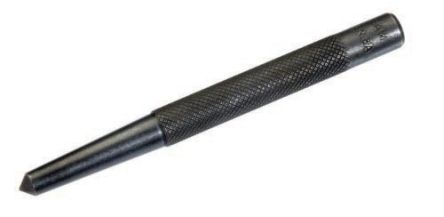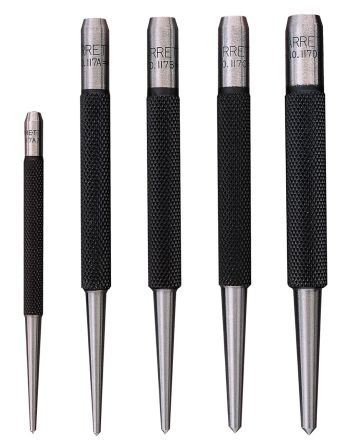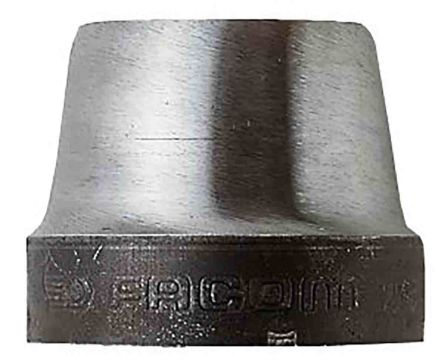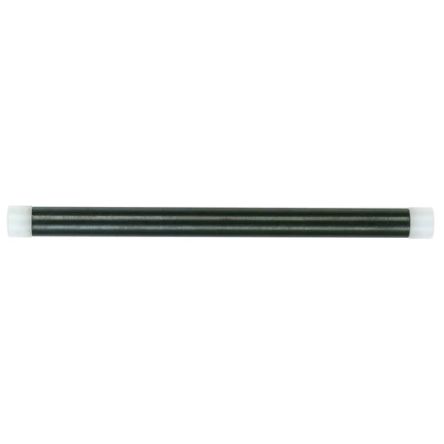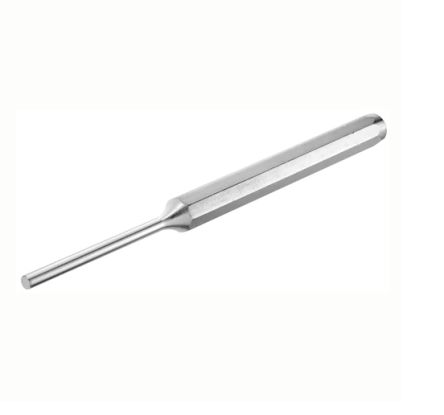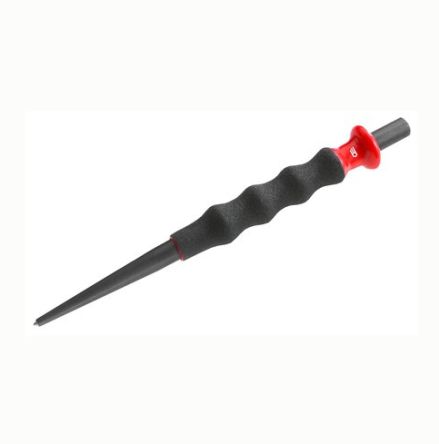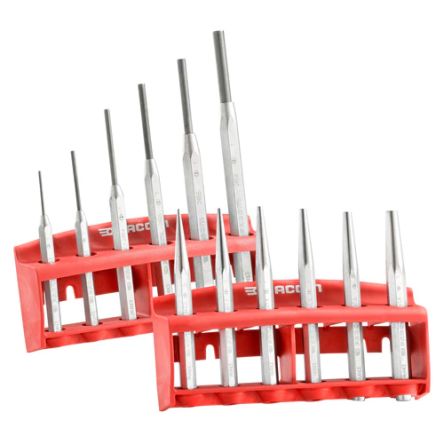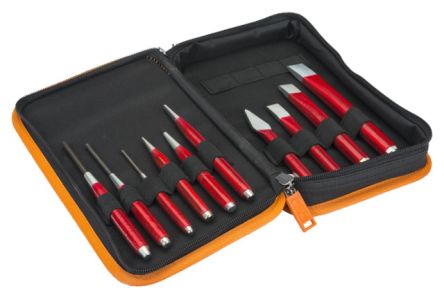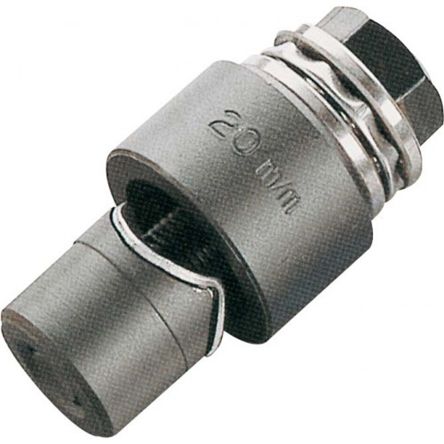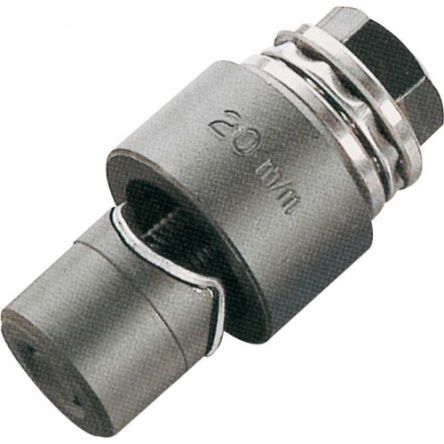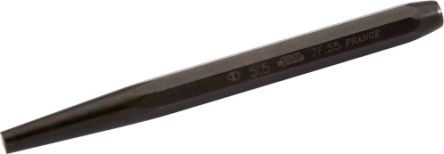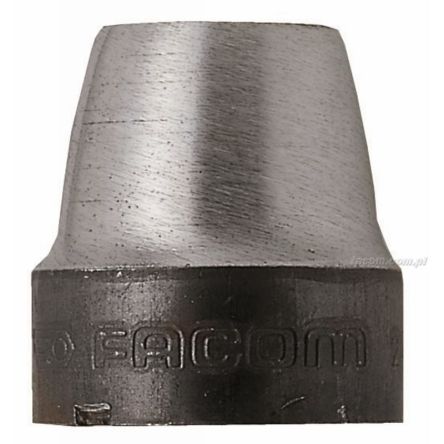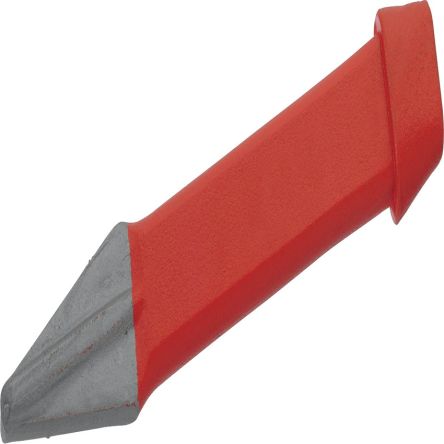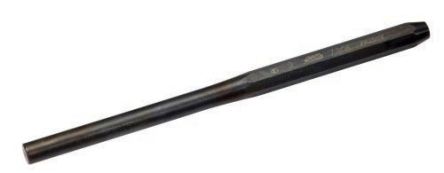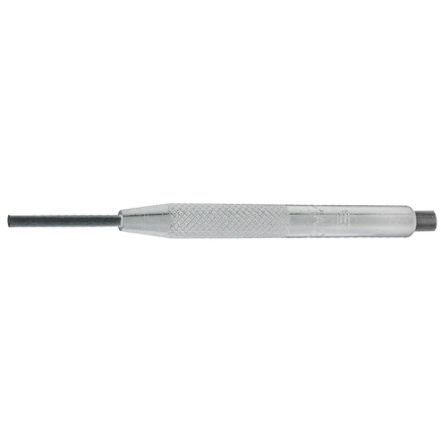- Automation & Control Gear
- Cables & Wires
- Enclosures & Server Racks
- Fuses & Circuit Breakers
- HVAC, Fans & Thermal Management
- Lighting
- Relays & Signal Conditioning
- Switches
- Batteries & Chargers
- Connectors
- Displays & Optoelectronics
- ESD Control, Cleanroom & PCB Prototyping
- Passive Components
- Power Supplies & Transformers
- Raspberry Pi, Arduino, ROCK, STEM Education & Development Tools
- Semiconductors
Punches
It is a great idea to consider punch tools for any workshop that involves woodworking or metalworking. Why? Because once you've drawn lines on a workpiece, either by hand or using a surface gauge, you'll have to indent them to make them permanent, otherwise, they'll fade. That's where punches come in handy. With punches, you can permanently indent those marks.
The use of punches in various industrial settings has been around for a long time. The most commonly used material for these punches is carbon steel or tool steel.
Aside from that, they are often used in conjunction with other tools such as a chisel and hammer. It is common for punches to be classified based on their point shapes. Here are some punch types and their uses in case you're looking for one.
Pin Punch Set or Pin Puncher
Punch sets are ideal for punching neat holes in a variety of materials. Whether in textiles, woodworking or metalworking, a set of punch tools allows the operator to drive objects into the material, or form an impression on a workpiece.
Sharp at one end, and hardened and flat at the other, a punch can be used with a hammer to achieve the desired results.
The RS range of punch sets includes several different types to suit your needs, from our own brand RS PRO and also well-known brands such as Bahco, Stanley, Gedore and Facom to name a few:
Different Type Of Punches
Centre Punch
A common type of punch with a semi-blunted end. High-carbon steel is the material of choice for these types of punches. A tempering process is used to harden and temper these materials.
A Centre punch is typically used to mark a centre for drilling in a piece. By creating a small recess for the drill bit to rest in, the drill is assured a greater chance of staying on course. Knurled handles and angled points are distinctive characteristics of these punches. Depending on its size, it measures 35mm to 125mm long and 4mm to 12mm wide.
Drift Punch
Sometimes referred to as a pokey, this punching tool is often used for enlarging previously made holes. It can also be used for aligning holes prior to bolting.
Parallel Pin Punch
A number of characteristics distinguish these types of punches from others, such as the length. Compared to most punches, it is longer.
A parallel pin punch is often employed to remove pins from mechanical assemblies. When a pin is too tight to remove by hand, the correctly sized parallel pin punch can be employed to drive it loose.
Spring Pin Punch
Spring pin punches are used for removing roll pins, a type of mechanical fastener.
Long-headed pin punches have a diameter of the same size as their tips and are used to remove the tension as well as solid pins.
For this reason, spring pin punches are also called roll pin punches and are specially shaped to remove roll pins without causing damage or becoming jammed.
Wad Punch
Have interchangeable heads and are used to cut accurate circles into textile materials. They can even be used on thin metal to make washers.
Anti-Vibration
With a shock-absorbing rubber handle, this punch not only offers the user maximum safety and comfort but also prevents clipping.
